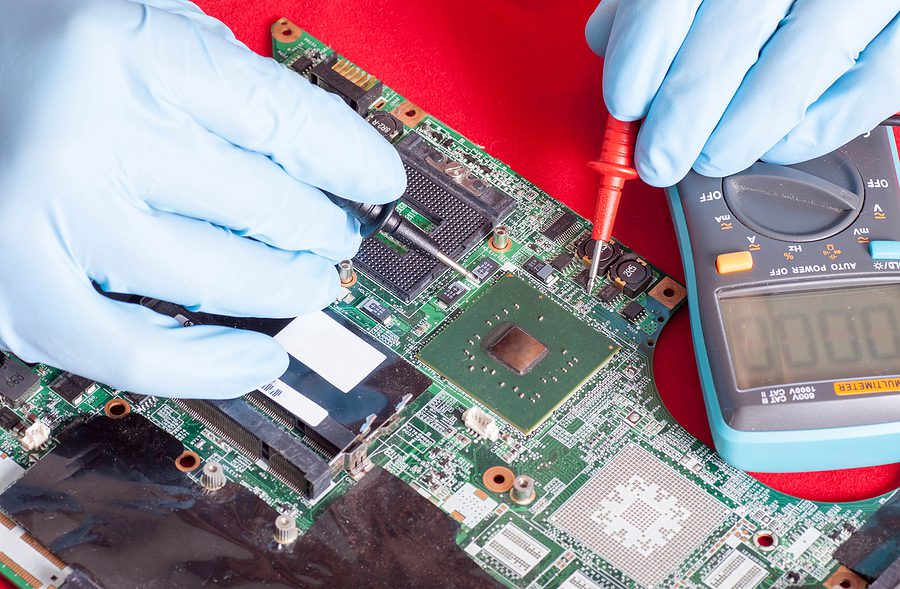What are the Requirements for Medical Device Manufacturers?
Electronic smart devices are extending their reach into all sectors of medicine and healthcare. With the increased reliance on electronic devices, there are very clear and specific requirements medical device manufacturers must follow to be in compliance. When you are manufacturing a medical device, it is important to partner with an ECM who not only understands the requirements, but is committed to following them and certified in compliances such as ISO 13485.

Design Requirements
The design requirements are often determined by three comprehensive questions:
- What is the Purpose of the Device?
- Does the Device Make Sense?
- Is the Device Flexible?
All medical devices need to have a clear, beneficial purpose. A current medical difficulty should be resolved by the device in question. Medical devices also need to be practical. They need to be small, specialized, and extremely accurate and reliable. The design should be as small as possible without losing any performance or functionality. Finally, the device should be flexible. Wearable devices should be adjustable, pliable, and able to withstand heavy use.
FDA Requirements
The FDA’s Center for Devices and Radiological Health (CDHR) regulates companies who produce, sell, and import all of the medical devices in the United States. These companies have to go through several steps to be in compliance with the FDA.
-
Establishment Registration
Companies who are planning to manufacture medical devices or the components within those devices must register their company with the FDA.
-
Medical Device Listing
Manufacturers must list their devices with the FDA.
-
Premarket Notification 510(k)
A company must wait for permission from the FDA before distributing their device.
-
Investigational Device Exemption (IDE) for Clinical Studies
A device can participate in a clinical study to collect information regarding safety and usability to support the Premarket Notification approval.
-
Quality Systems
Quality Systems (QS) regulations are the methods related to the inspection of the manufacturing, design, purchasing, packaging, labeling, storing, installing, and servicing of medical devices.
-
Labeling Requirements
These requirements apply to labels, brochures, and other readable items linked to the specific medical device in question.
-
Medical Device Reporting (MDR)
This reporting touches on malfunctions that lead up to serious injuries or death that require reporting to the FDA. The MDR program facilitates reporting.
The Importance of a Domestic Manufacturer for Medical Devices
Sending your work out of the country poses too many risks. When you partner with a US manufacturer for your medical device needs, you can talk directly to the company representatives to outline what you need. Should any issues or questions arise, the company can quickly email or phone you during regular business hours. In fact, you’ll want to find a company that will reach out to you with questions or concerns – a type of company that puts the customer’s needs first. Shrinking the supply chain to vetted domestic suppliers reduces transportation times and delays in availability, which will lower the overall cost of your product. Even if the labor charges are higher, the shipping costs will often more than make up the difference. Your information and design will be kept much more secure if your device is manufactured domestically.
Keeping your medical device manufacturing in the US is an obvious choice, and finding the right partner for your manufacturing is easy if you know what to look for. You want a company that holds the right certifications-like ISO 13485, understands the requirements of medical device manufacturing, and has a high commitment to continuous improvement and quality control. Levison Enterprises is a reliable, experienced medical device manufacturer who offers turnkey PCBA supported by our knowledgeable customer service staff. Contact us for a quote on your next medical device manufacturing project.